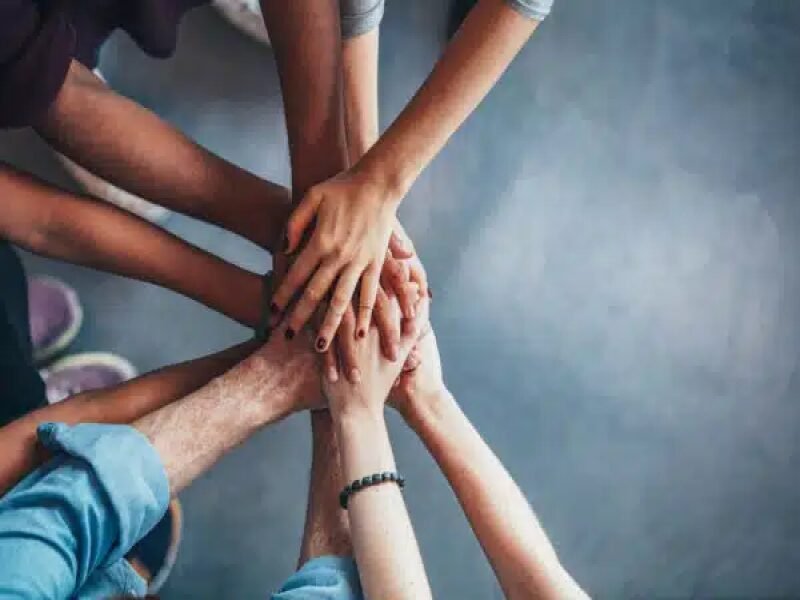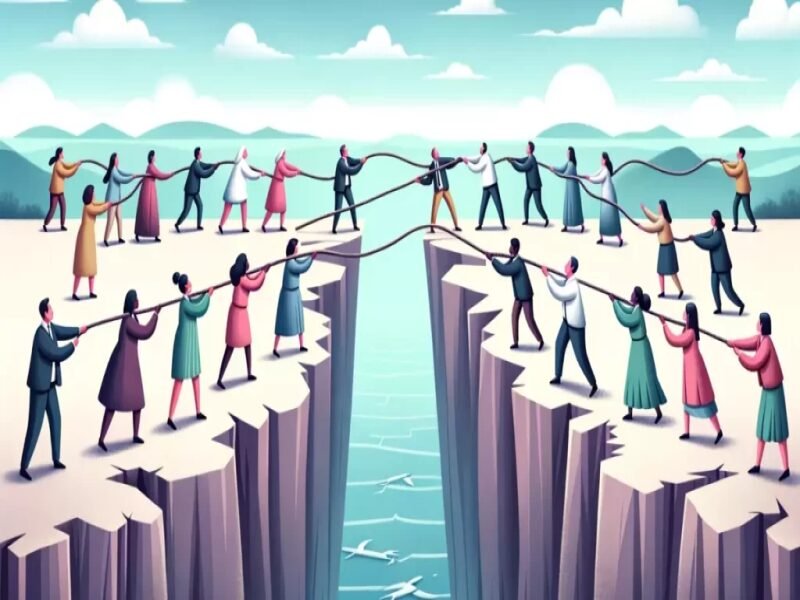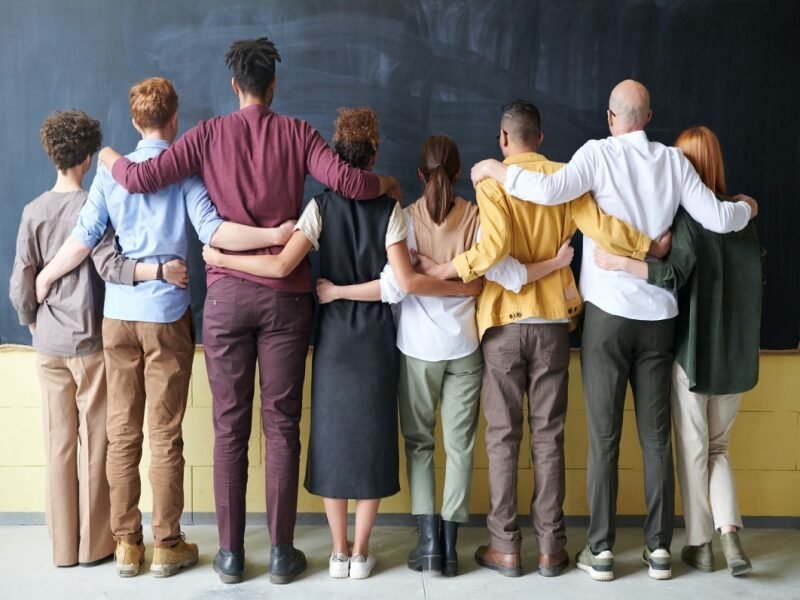Introduction – Challenging Stereotypes
They say that cultural prejudice and stereotype are the main causes of prejudice, and the globalized society of the present world requires learning how to overcome prejudice. Stereotypes cause discrimination, prejudice, and misconceptions in real life and, in return, prevent construction of a socially inclusive society. Only after realizing what consequences even stereotype thinking can have, and after attempting to change the information which we possess, we are able to make the world a more tolerant and polite place.

The Breakdown of Stereotypes in Cultural Relations
Stereotypes are generalizations that are usually negative, and presented as if they were complete truths. They can be based on race, ethnicity, color, religion, gender, or sexual orientation or any other reason as may be provided. Consequently, when people retain stereotypes about a particular group, the chance to consider the members of this group as the unique personalities is rather minimal.
Stereotypes’ Negative Effects
- Discrimination: Stereotypes have repercussions in discrimination at different aspects of life such as; employment, education and housing among others.
- Prejudice: Stereotypes are prejudice, which refers to preconceived opinion or judgments about people or other groups.
- Misunderstandings: It results in conflict that arises to people from different cultural backgrounds and causes a vamp in the society.
Sustaining Cultural Discrimination
Stereotypes can create and perpetuate cultural barriers in several ways:
- Preventing Interaction: People from different culture should avoid booking rooms with people belonging to other cultures since the stereotype creates a belief that they should be avoided and this keep divisions a going concern.
- Reinforcing Biases: Since stereotype includes only negative judgments, it contributes to underlining prejudice that in turn makes it impossible to alter negative beliefs.
Challenging Stereotypes: Strategies for Change
Only when people can change particular aspects of their culture and try to accept other beliefs, cultures, and traditions, they have to act accordingly. Here are some strategies that individuals can adopt:
Individual Actions
- Education and Awareness: Come to understand various cultures and try to change the distorted perception about people of another culture.
- Personal Experiences: Look for opportunities to talk with people who are different from us.
- Open-Minded Conversations: Everyone should greatly avoid discriminating other people based on the color of their skin, or their cultural orientation.

The Role of Education
Education plays a crucial role in combating stereotypes:
- Teaching Cultural Diversity: There is no doubt that schools today should seek to include the aspect of cultural diversity into their curriculum.
- Debunking Stereotypes: Teachers should play an important role in counteracting stereotypical myths and thus contributing to raising awareness.
The Value of Cultural Learning
Intercultural exchange can be a powerful tool for breaking down cultural barriers:
- Traveling: See other people and traditions of other lands in the flesh; have a feeling of the actual context.
- Interacting with Others: Look for ways to spend time with individuals of other cultures.

Advantages to the removal of Cultural Barriers
Breaking down cultural barriers can have numerous benefits for individuals and society as a whole:
Best Practices for Diversity and Inclusion
- Inclusive Communities: Foster communities that are open to individuals that are willing, ready and able to embrace the changes.
- Enriching Society: Mulgut’s article showed that Diversity could help the social life or the economy of a certain region by introducing new ideas.
Economic Benefits
- International Trade: Good understanding of culture can help create better business cooperation in the international markets.
- Attracting Talent: Of diversity with its potential to attract talent and investments from as many individuals as possible from different parts of the globe.
Personal Benefits
- Broadening Horizons: Culture unfamiliarity can be key to the absence of personal development and the narrow.
- Developing Empathy: The use of people from other cultures is helpful in order to learn compassion for them and for ourselves.
Conclusion
A Call to Action
Globalization is the destruction of cultures and stereotyping is one of the best ways of making the world a better place. A few strategic actions to support and encourage tolerance and acceptance can do a lot for enhancing people’s relations in the society. It is time for multicultural rationalism challenging the prejudice of every person or group confronting the problems requiring intercultural interchange and solution creating a better world for all.




